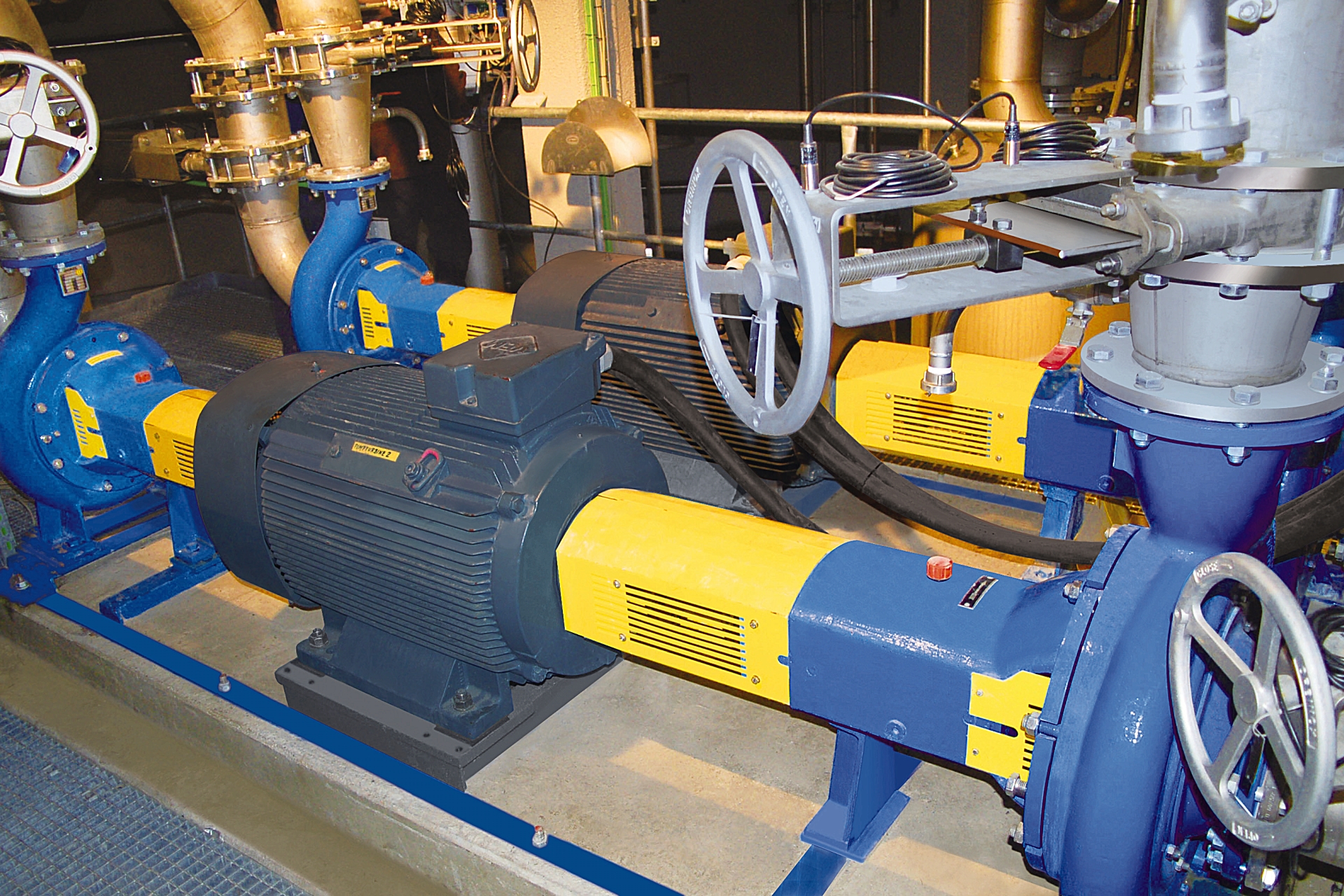
Small Hydro
Kenya’s drainage system consists of five major basins: Lake Victoria; Rift Valley; Athi/Sabaki River; Tana River; and Ewaso Ng’iro North River. These basins contain the bulk of the country’s hydro resources for power generation. The potential for small, mini and micro-hydro system (with capacities of less than 10MW each) is estimated at 3,000MW nationwide. However, the installed grid connected small-scale hydro-electric projects contribute about 15.3 MW, though there are several other small hydro schemes under private and community generation especially in the tea estates across the country which are not grid connected.
The definition of a small hydro project varies but a generating capacity of up to 10 megawatts (MW) is generally accepted as the upper limit of what can be termed small hydro. Since small hydro projects usually have minimal reservoirs and civil construction work, they are seen as having a relatively low environmental impact compared to large hydro. Micro hydro is a term used for hydroelectric power installations that typically produce up to 100 KW of power. These installations can provide power to an isolated home or small community.
The Feed in Tariff policy provides for stepped fixed tariffs for electrical energy supplied in bulk to the grid operator at the interconnection point. As a result of this policy, private investors have submitted expressions of interest for 19 projects totaling to 111MW for small hydro of which 16 projects with combined capacity of 81MW have been approved.
There is a correlation between tea plantations and hydro potential in Kenya. A survey of 72 tea factories in Kenya[1] indicated that 80% are located 3–15 km from a potential hydropower site although the resource assessment to obtain both theoretical and economical potential has not been carried. The Kenya Tea Development Agency (KTDA) plans to construct hydro power plants in the tea growing areas. KTDA manages more than 60 tea factories for 500,000 small holder tea farmers and plans to set up a total of 16 hydro power plants on rivers close to tea factories. The 16 sites have been proposed by the Ministry of Energy and have a potential of producing 28.33MW. Areas indicated include South Mara, Mutonga, Itaru, Thuci, Nyamindi, Kiringa , Mara gawa, Chania, Kipsonoi, Itare (Chemosit), Gucha (Rianwakwana), Gura and Mathioya. The Ministry of Energy is conducting a feasibility study on a further 14 sites around the country.
The 1MW Imenti mini-hydro project was the first of its kind among the KTDA managed factories and a power purchase agreement has been signed. The agreement authorizes Imenti to supply surplus power to the national grid. A second project under construction at Gura river in Nyeri is a four-factory partnership that will serve the KTDA factories at Gitugi, Irani and Gathuthi and sell excess to the national grid.
Between 1999 and 2002 three micro-hydro plants had been developed as pilots Kirinyaga district by Practical Action in cooperation with the Ministry of Energy and supported by an UNDP Small Grants Fund contribution. After a first prototype test for 200 households in Thiba, Kirinyaga District, central Kenya in 2005, the Kenyan NGO Green Power installed the first of three planned 80 kW turbines in Kiangurwe village to supply 800 households. Ten more similar micro-hydro schemes are planned for this region.
Pre-feasibility studies for 10 more projects in Western Kenya were undertaken in cooperation with the Kenya Research & Development Institute (KIRDI), the Lake Basin Development Authority (LBDA) and the German Technical Cooperation (GTZ). The studied focused on the Lake Victoria North and South water catchments on the tributaries of Rivers Yala, Nzoia, Nyando and Awach and identified sites on the Rivers Itare, Kiptiget, Kipsonoi, Great Oroba, Mugut, Chepkendi, Nzoia, Gargoli, Terem, Yala and River Jordan.
Weblinks
Green Power http://www.gpower-africa.org/
[1] Based on the East African Tea Traders Association/UNEP survey in 2004


